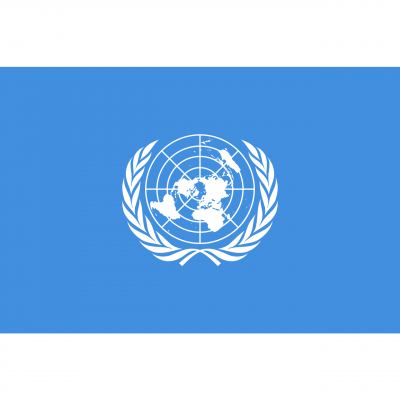Share
Print

The United Nations Executive Office of the Secretary-General (EOSG) was formed in 1946 with the aim of assisting the Secretary-General in dealing with other UN organizations and specialized agencies, institutions, and NGOs as well as in coordinating the activities of the Secretariat.
EOSG is mandated to consult with governments and specialized agency leaders and to supervise projects as well as to provide aid in policy creation and implementation, coordinate the activities of the departments, publications, and correspondence and advise on UN protocol. The EOSG’s vision and values are based on equality, mutual respect, and international cooperation. They have established vital norms and agreements that codify and protect human rights, set ambitious goals for sustainable development and chart a path towards a more balanced relationship with the climate and the natural world. In 2020, the Secretary-General launched his Call to Action for Human Rights to promote the universal realization of human rights. The implementation of the Secretary-General’s reform agenda across development, governance, peace, and security enhances the ability of the United Nations to carry out its mandates effectively and accountably.
EOSG key sectors: Conflict, Security, International Relations, Diplomacy, Human Rights, Policy Framework, Socio-Economic Development, Advocacy, etc.
